Illinois becomes latest battleground in court fights over Trump’s use of National Guard
The Democratic-led state and the city of Chicago filed the lawsuit hours after a federal judge in Oregon on Sunday temporarily blocked Trump's administration from sending any National Guard troops to police Portland, Oregon.
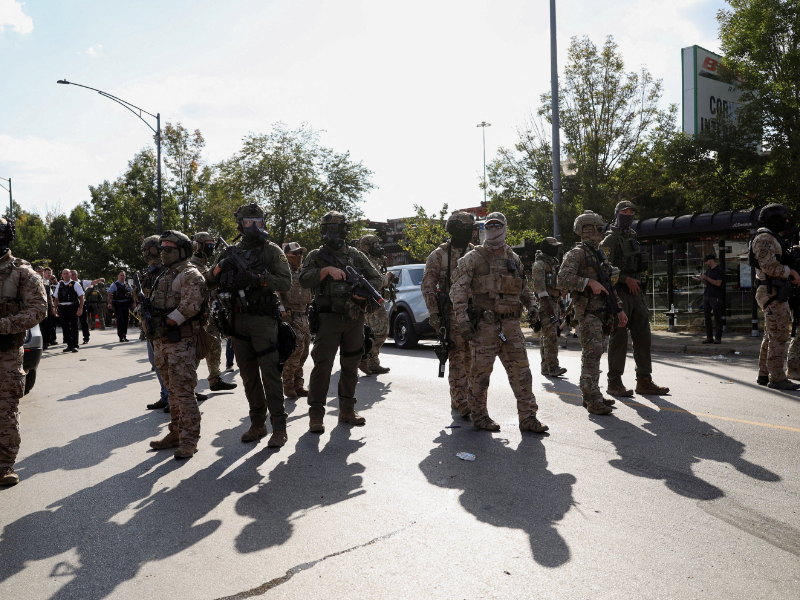 FILE PHOTO: Law enforcement officers operate during a standoff with U.S. Immigration and Customs Enforcement (ICE) and federal officers in the Little Village neighborhood of Chicago, Illinois, U.S., October 4, 2025. / REUTERS/Jim Vondruska/File Photo
FILE PHOTO: Law enforcement officers operate during a standoff with U.S. Immigration and Customs Enforcement (ICE) and federal officers in the Little Village neighborhood of Chicago, Illinois, U.S., October 4, 2025. / REUTERS/Jim Vondruska/File Photo
Illinois launched a legal challenge on Oct. 6 to block U.S. President Donald Trump from deploying hundreds of federalized National Guard troops into the streets of Chicago — the latest flashpoint in a growing number of court battles over the Republican president's authority to deploy military forces domestically.
The Democratic-led state and the city of Chicago filed the lawsuit hours after a federal judge in Oregon on Oct. 5 temporarily blocked Trump's administration from sending any National Guard troops to police Portland, Oregon.
Chicago's lawsuit is the fourth legal action targeting Trump's unprecedented use of soldiers to police U.S. cities, suppress protests and bolster domestic immigration enforcement. Courts have not yet reached a final decision in any of those cases, but judges in California and Oregon have made initial rulings that Trump likely overstepped his authority.
The Illinois lawsuit took aim at a decision by the Trump administration over the weekend to federalize up to 300 members of the Illinois National Guard over the objections of Democratic Governor J.B. Pritzker and another 400 from Texas to deploy into Chicago.
"These advances in President Trump’s long-declared 'War' on Chicago and Illinois are unlawful and dangerous," the complaint alleged.
The Republican president is deploying the military to Illinois based on a "flimsy pretext" that alleges an Immigration and Customs Enforcement facility in a suburb of Chicago needs protecting as protests outside the building over Trump's immigration crackdown continue, according to the lawsuit.
The state argues that the Trump administration has not met the legal conditions needed to allow it to federalize National Guard troops without Pritzker's blessing and is violating the Posse Comitatus Act, a federal law which sharply limits the use of the military for domestic enforcement.
The lawsuit also argues Trump's actions violate the U.S. Constitution's 10th Amendment, which protects states' rights, by usurping Pritzker's role as the commander-in-chief of the National Guard in Illinois and by infringing on the state's authority over local law enforcement.
The White House said that troops were needed to protect federal government employees from "violent riots" in Chicago.
"President Trump will not turn a blind eye to the lawlessness,” White House spokeswoman Abigail Jackson said.
Illinois disputed Trump's description of the city, saying in the lawsuit that "protests have been small, primarily peaceful, and unfortunately escalated by DHS’s own conduct."
LAWSUIT ADDS TO GROWING COURT SCRUTINY OVER TRUMP TROOP USE
Trump has expanded the use of the U.S. military in his second term, which has included deploying troops along the U.S. border and ordering them to kill suspected drug traffickers on boats off Venezuela without due process.
He has ordered National Guard troops to Los Angeles, Chicago, Washington, D.C. and Portland, sparking lawsuits from state and local leaders.
National Guard troops are state-based militia forces that answer to their governors except when called into federal service.
Judges in California and Oregon have ruled that Trump violated the law by taking control of the National Guard in those states, and by using California troops as a police force.
Those rulings are on appeal, and a higher court has allowed Trump to keep control of California's National Guard while the legal battle continues. A judge in Washington, D.C. has yet to make a ruling on the legality of the troop deployment in the nation's capital.
Trump has said he would send troops to other Democratic-led cities, including Baltimore, New York and Oakland. Democratic leaders in those cities have said the troop deployments are a tool for political intimidation, while Trump has argued that high crime and immigration protests require a national response.
A separate lawsuit was filed Oct. 6 by a group of journalists and protesters in Chicago, who said that the Trump administration had violated their First Amendment right to free expression.
The Department of Homeland Security has routinely used "brutal" tactics meant to "intimidate and silence the press and civilians," such as using tear gas, pepper spray and rubber bullets to disperse crowds even when protests were small and peaceful, according to the lawsuit.




 Reuters
Reuters
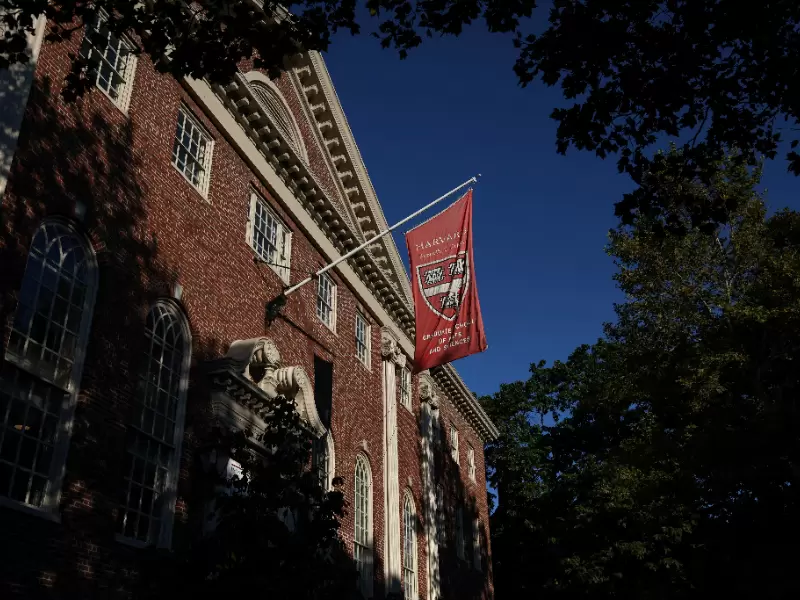
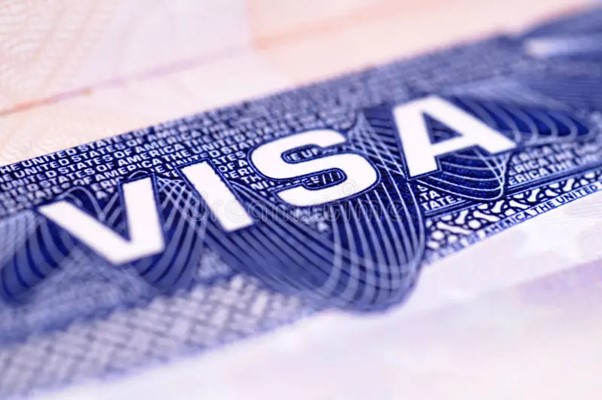
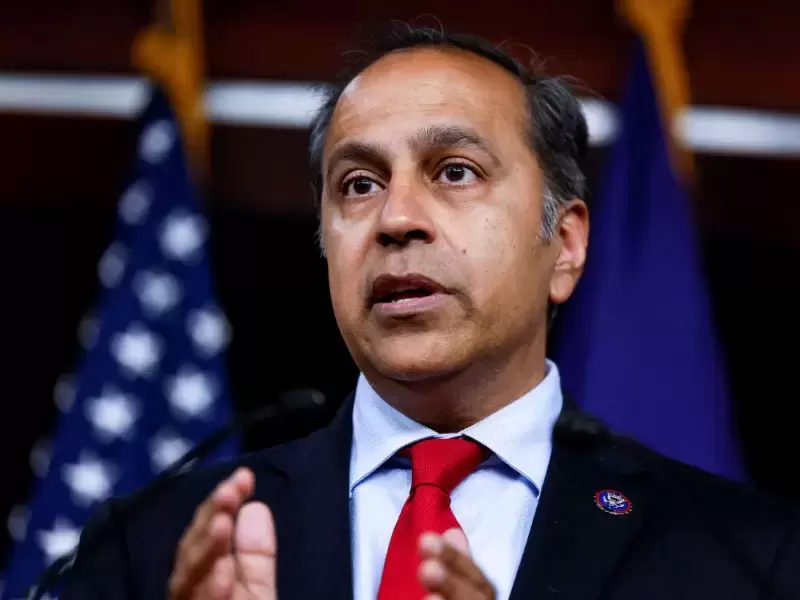

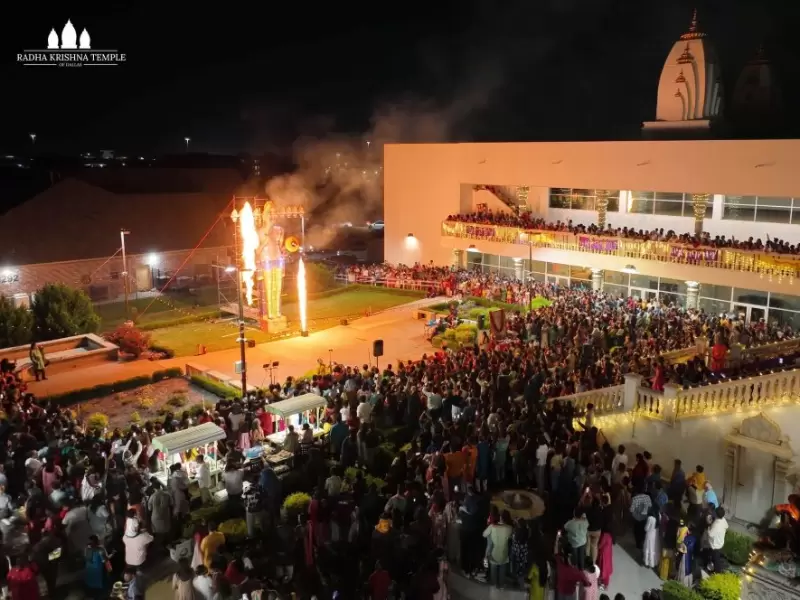

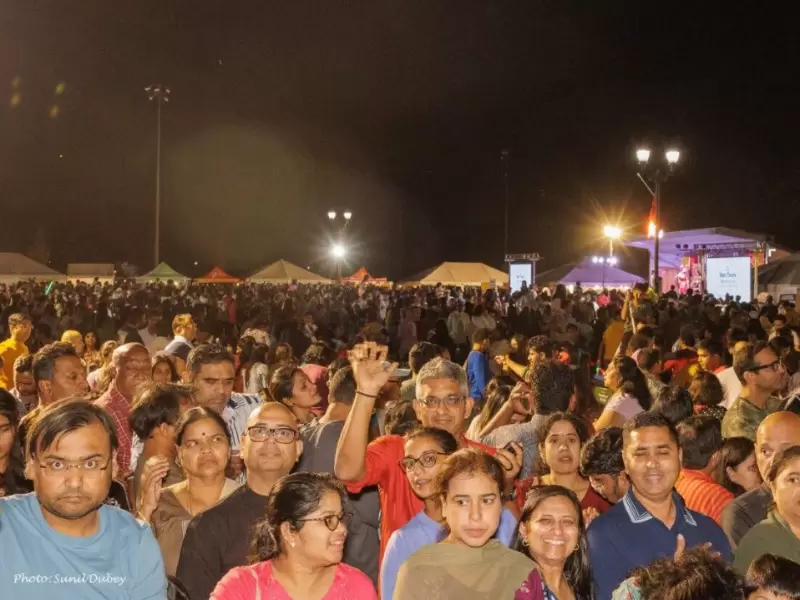

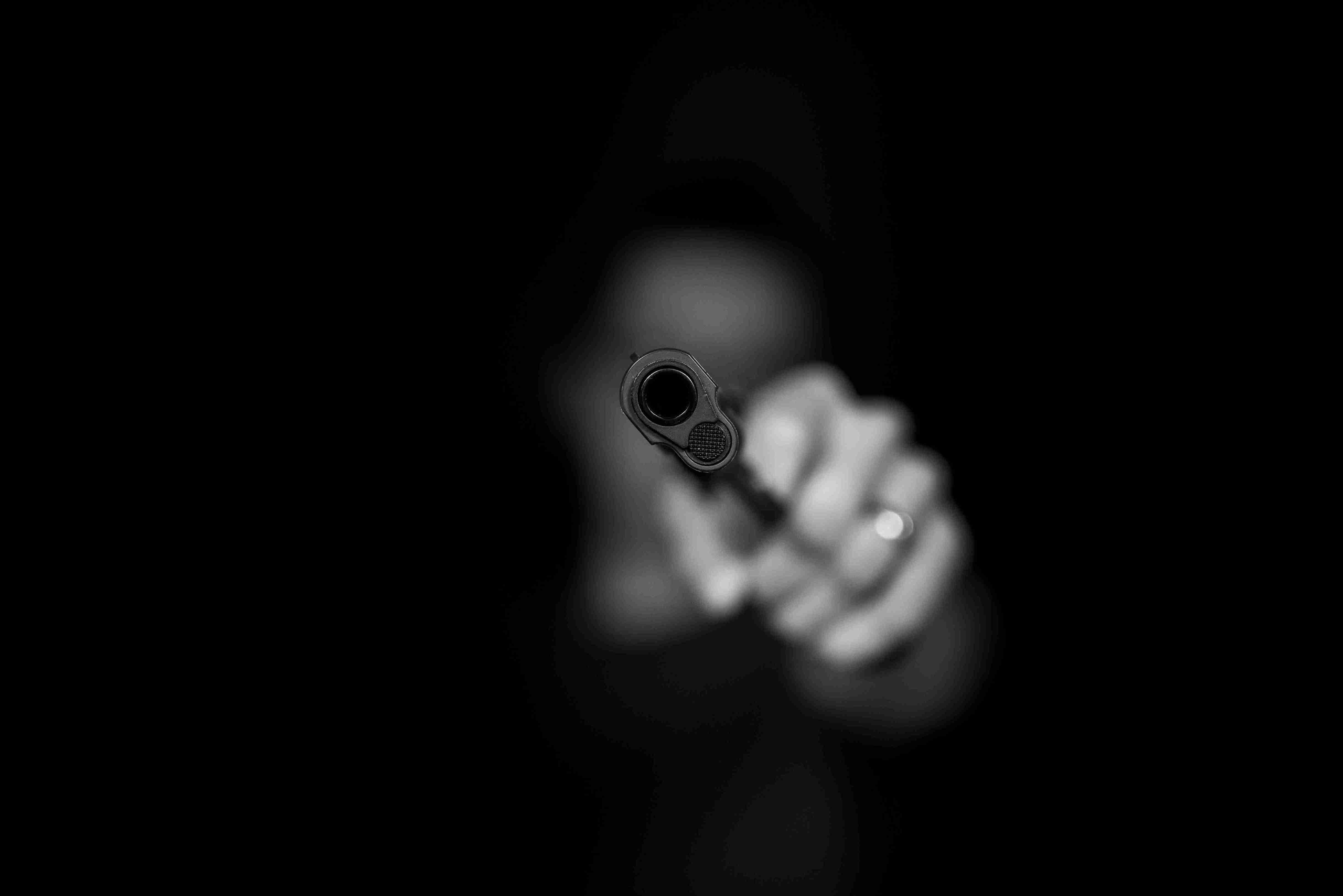
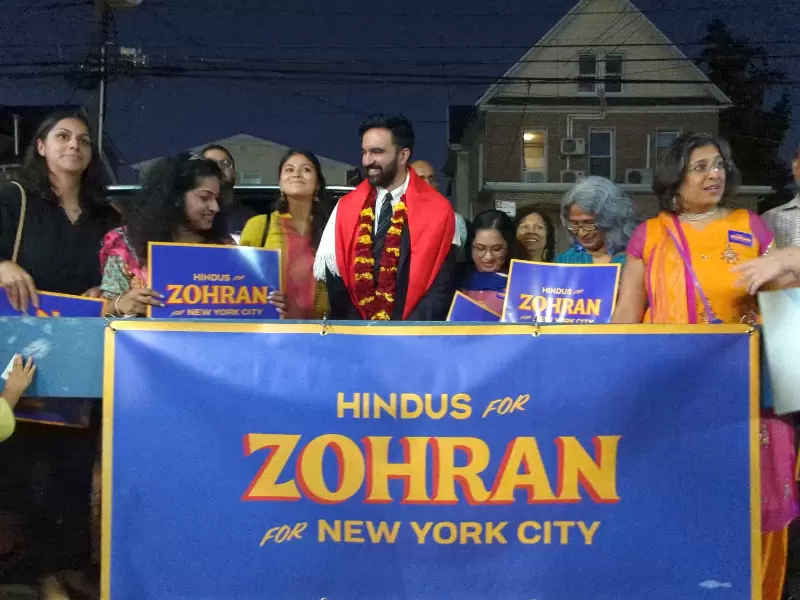




Comments
Start the conversation
Become a member of New India Abroad to start commenting.
Sign Up Now
Already have an account? Login